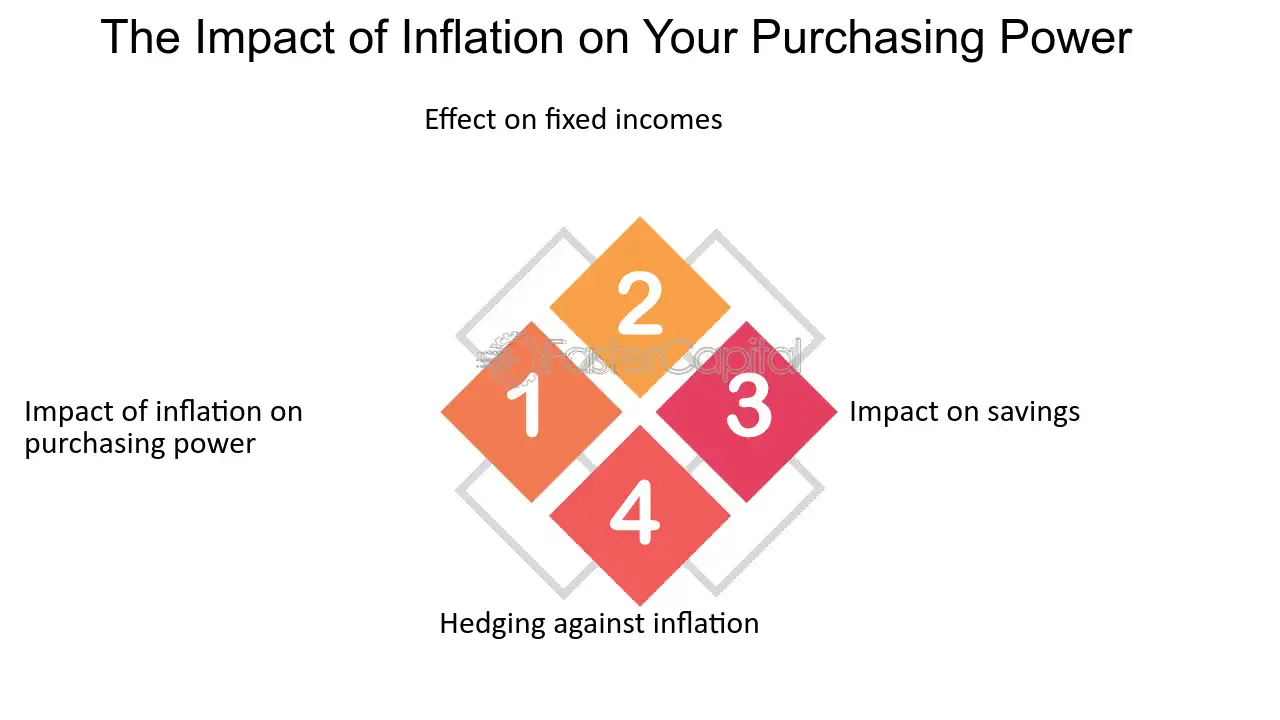Inflation, the gradual increase in the general price level of goods and services, can have a profound impact on an individual’s purchasing power. Effective strategies for mitigating the adverse effects of inflation involve a multifaceted approach that addresses various aspects of personal finance. One key strategy is to invest in assets that historically outpace inflation. Real assets like real estate and commodities, as well as equities, have demonstrated resilience against inflationary pressures. By allocating a portion of one’s investment portfolio to these assets, individuals can potentially preserve and even enhance their purchasing power over time.
Diversification emerges as a critical strategy to combat the erosive effects of inflation on wealth. A well-diversified investment portfolio that includes a mix of asset classes, industries, and geographic regions can act as a hedge against inflation-related risks. As different assets may respond differently to inflationary pressures, diversification ensures that the overall impact on the portfolio is more balanced. Moreover, exploring inflation-protected securities, such as Treasury Inflation-Protected Securities (TIPS), provides an additional layer of protection by adjusting returns based on changes in the Consumer Price Index (CPI).
Strategic debt management is another avenue for navigating the impact of inflation on personal finances. While high inflation erodes the real value of debt, it is essential to differentiate between good and bad debt. Investing in assets that appreciate over time, such as a home, can serve as a hedge against inflation, as the value of the asset may increase even as the debt remains constant. However, managing high-interest debt becomes crucial, as it can erode one’s purchasing power if not addressed promptly. Developing a strategic plan for debt reduction and refinancing can contribute to financial resilience in the face of inflationary pressures.
Regular reassessment and adjustment of financial strategies in response to changing economic conditions is integral to combating the impact of inflation on purchasing power. This involves staying informed about inflation rates, economic indicators, and policy changes that may affect financial markets. As inflation dynamics evolve, adjusting investment allocations, revisiting debt management plans, and exploring new investment opportunities ensure that individuals proactively respond to the changing landscape. Seeking professional financial advice becomes invaluable in this context, as financial advisors can offer personalized insights and strategies tailored to individual circumstances.
In conclusion, strategies for navigating the impact of inflation on purchasing power encompass investing in inflation-resistant assets, diversifying investment portfolios, strategic debt management, and regular reassessment of financial strategies. By adopting a proactive and diversified approach, individuals can position themselves to withstand the erosive effects of inflation on their wealth. As a persistent economic force, inflation requires a dynamic and strategic response to preserve and enhance purchasing power, ensuring that individuals can navigate their financial journey with resilience and adaptability.
